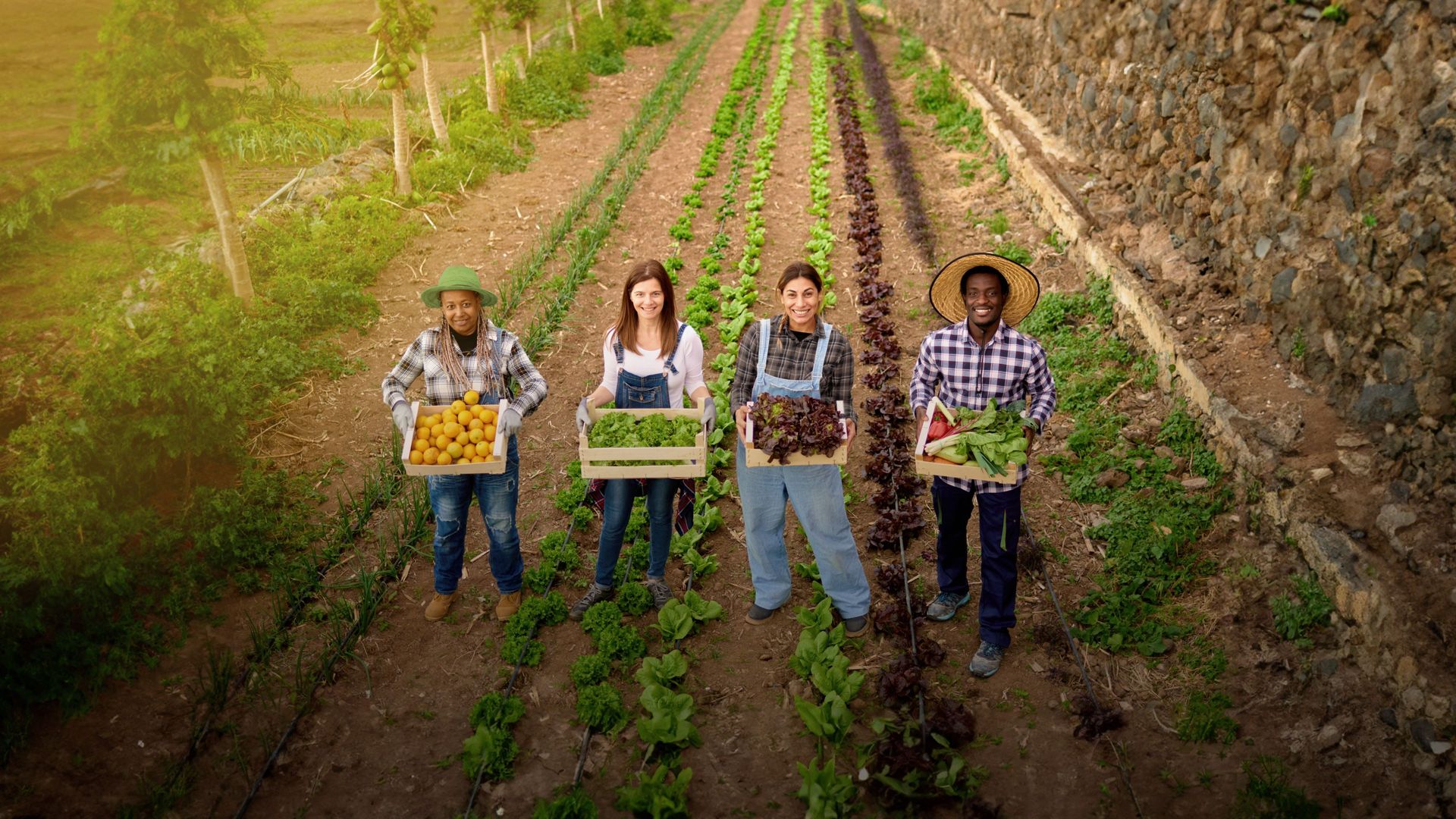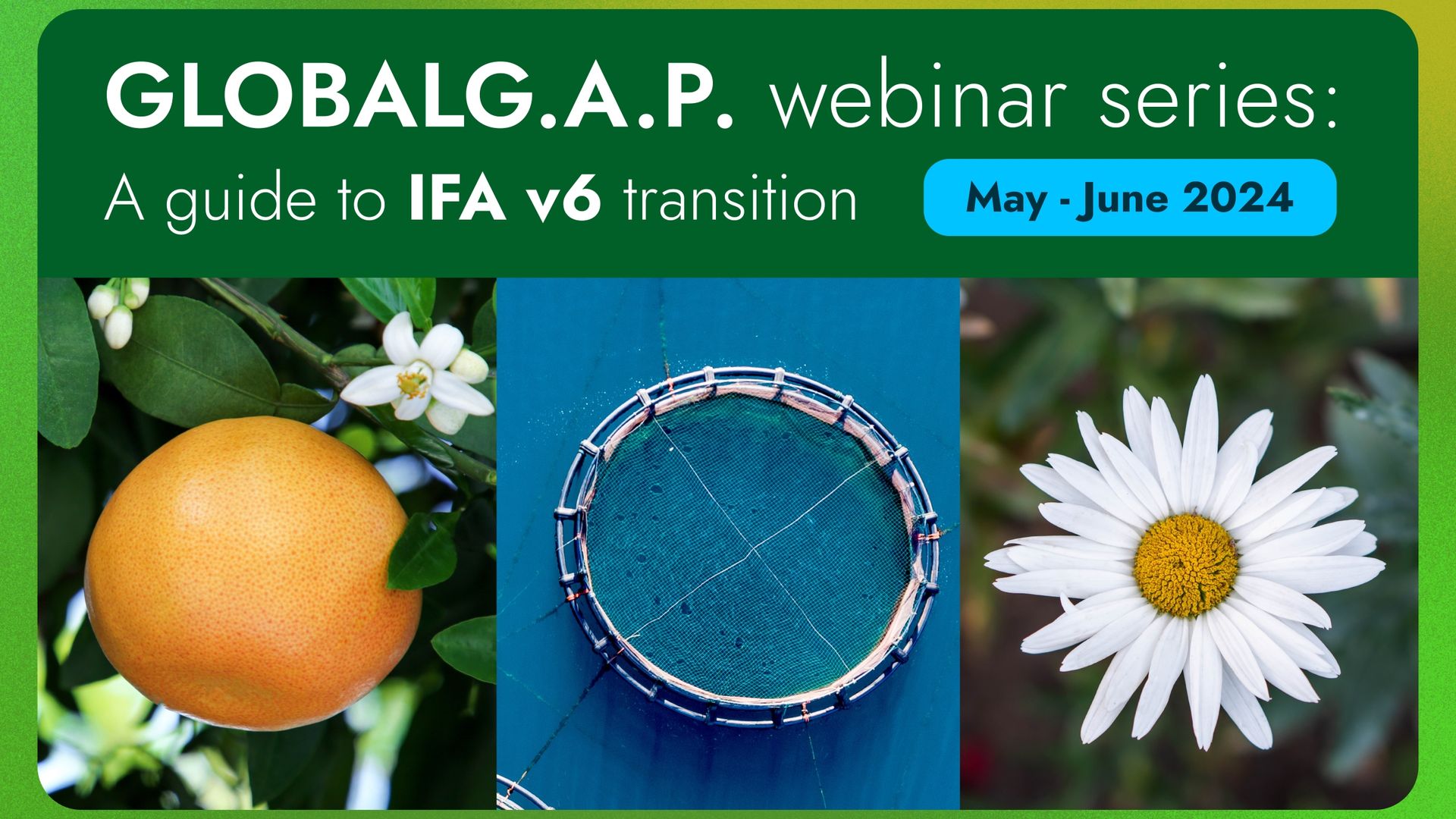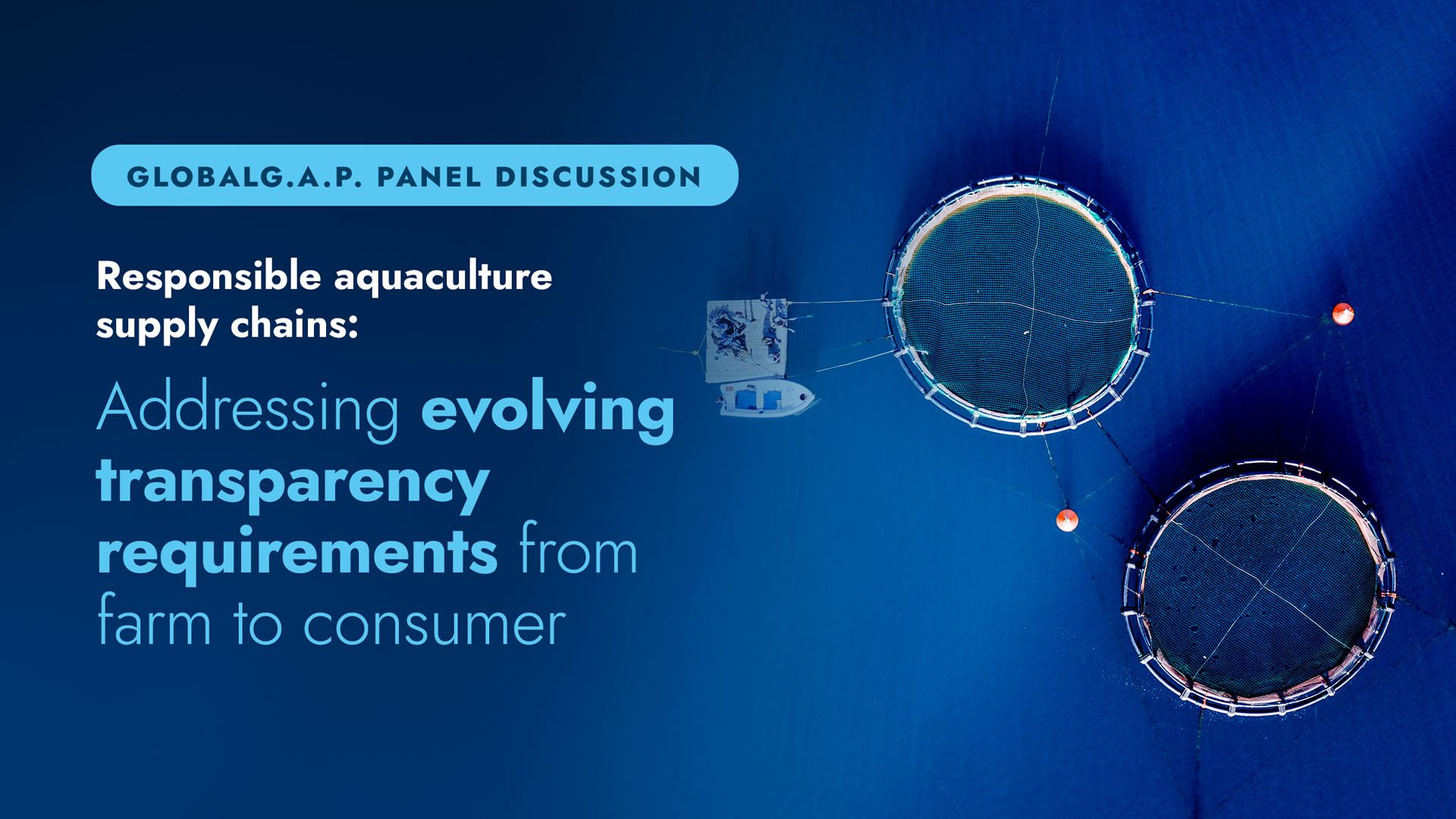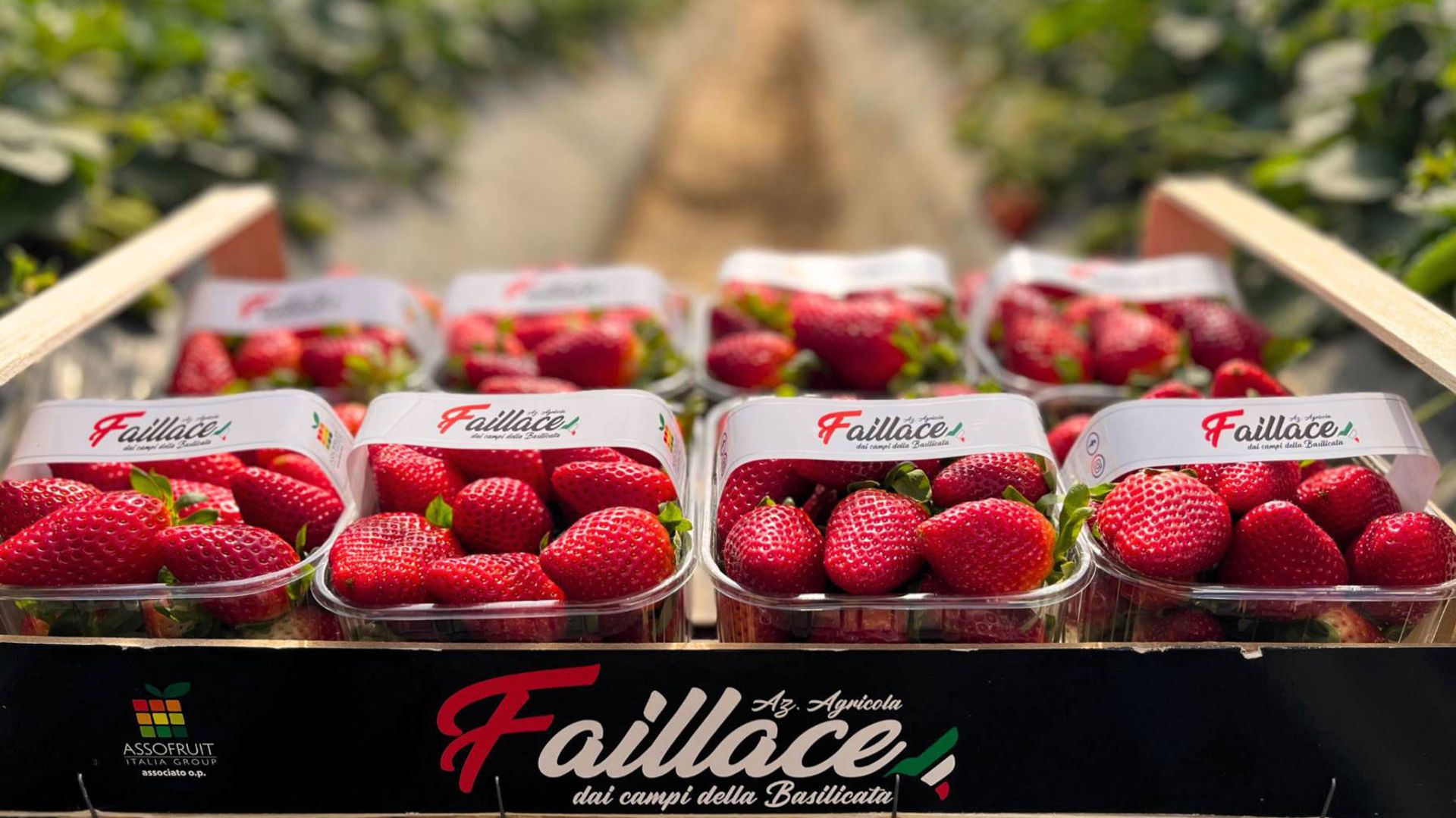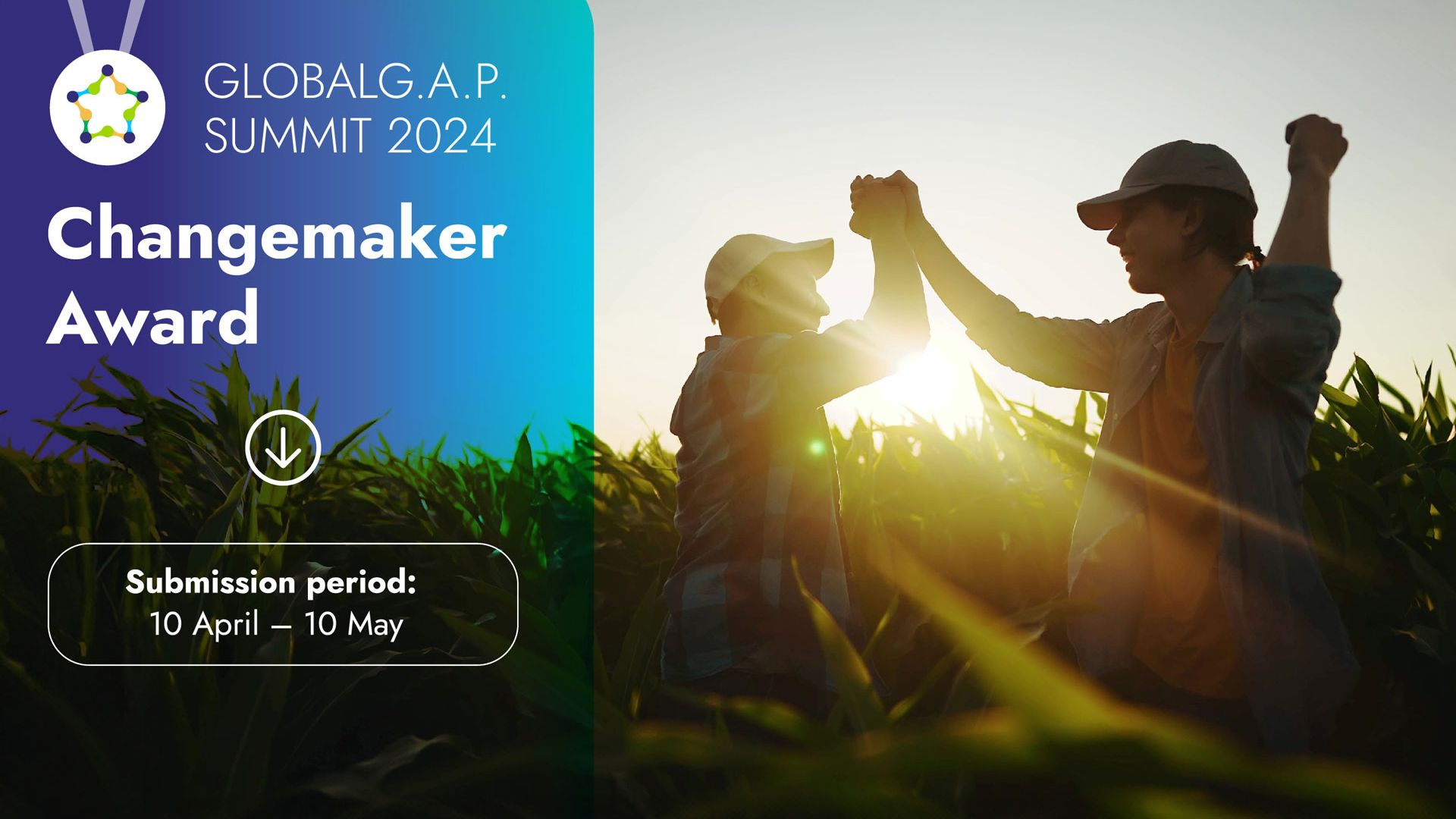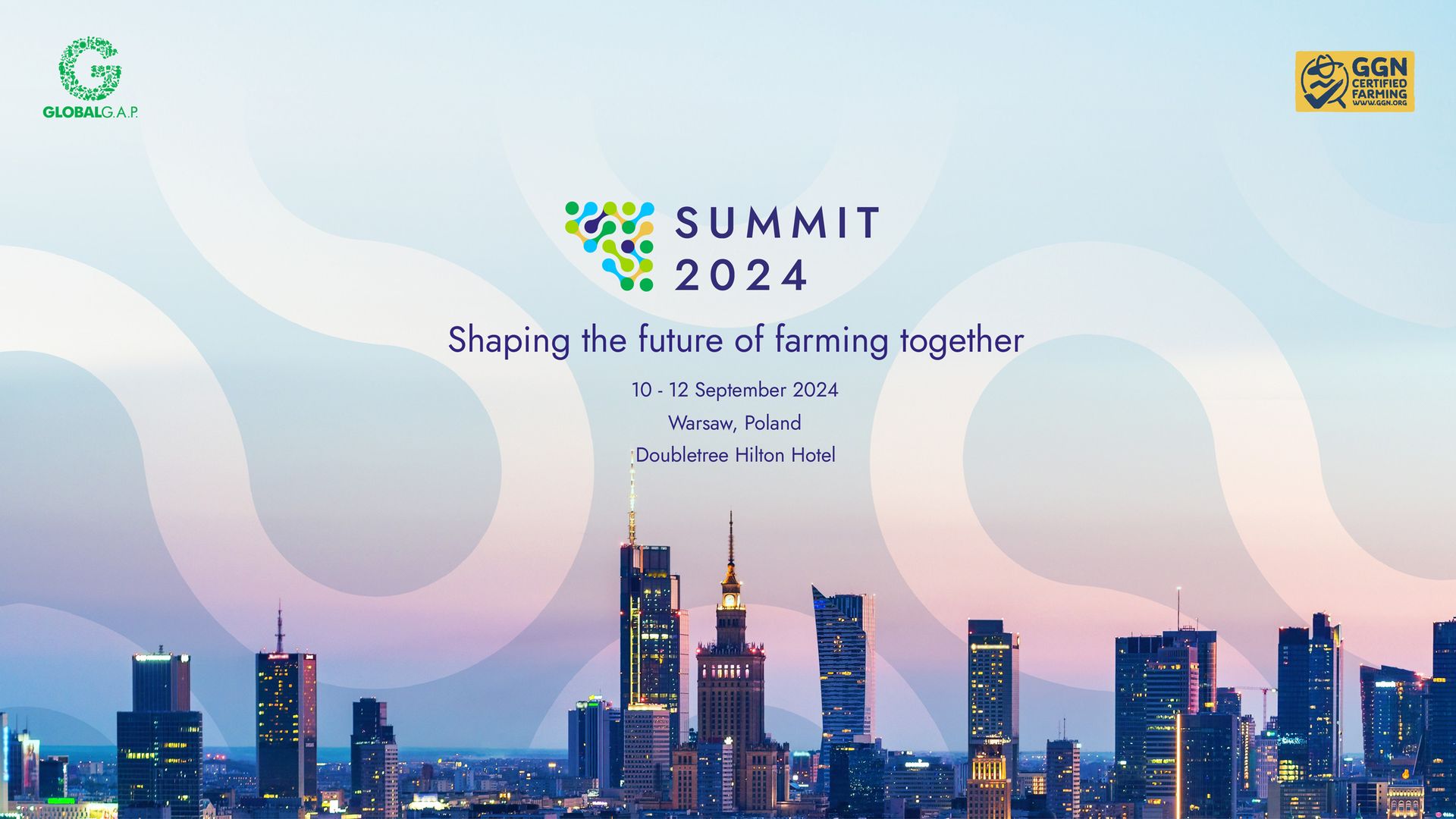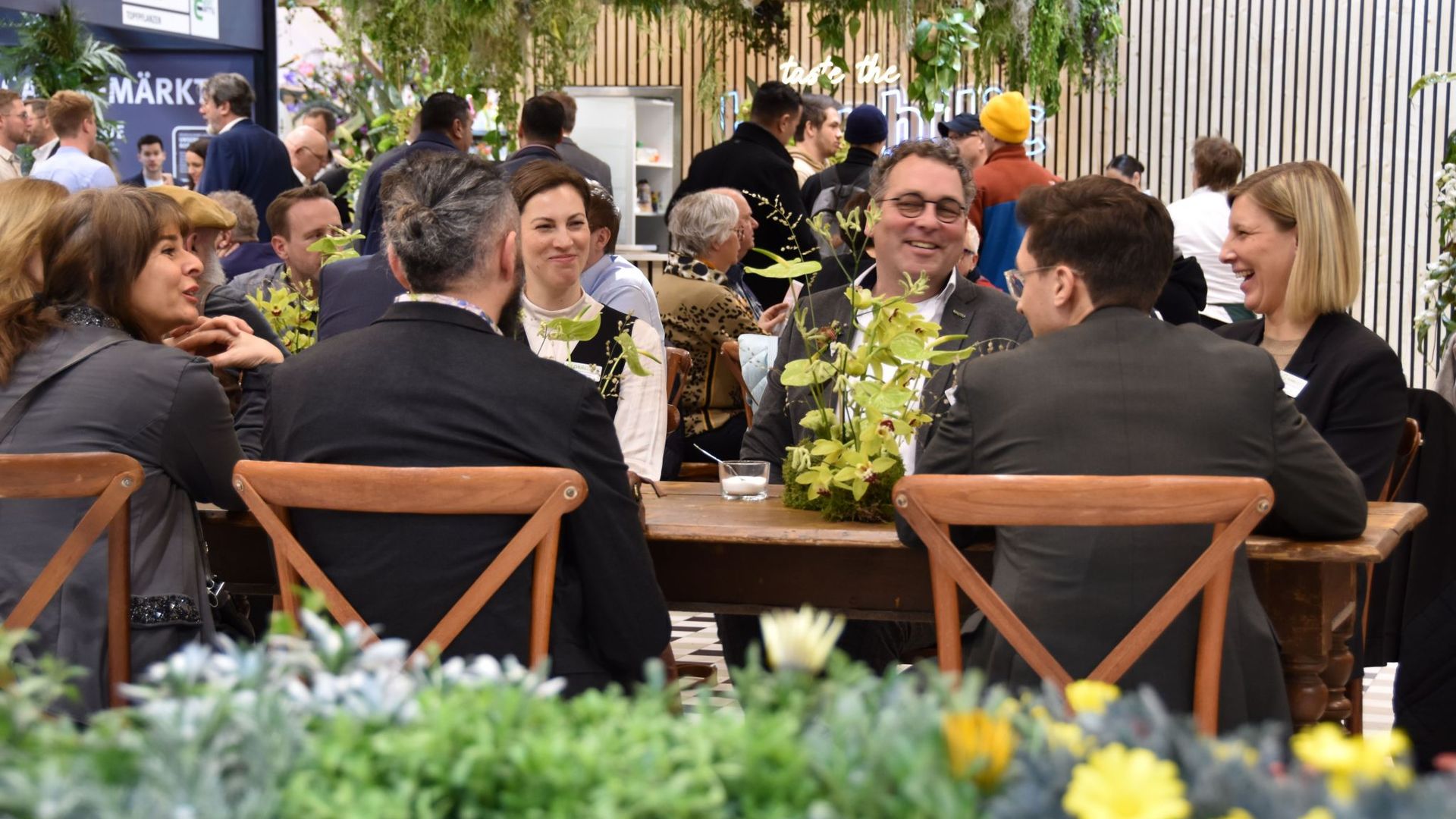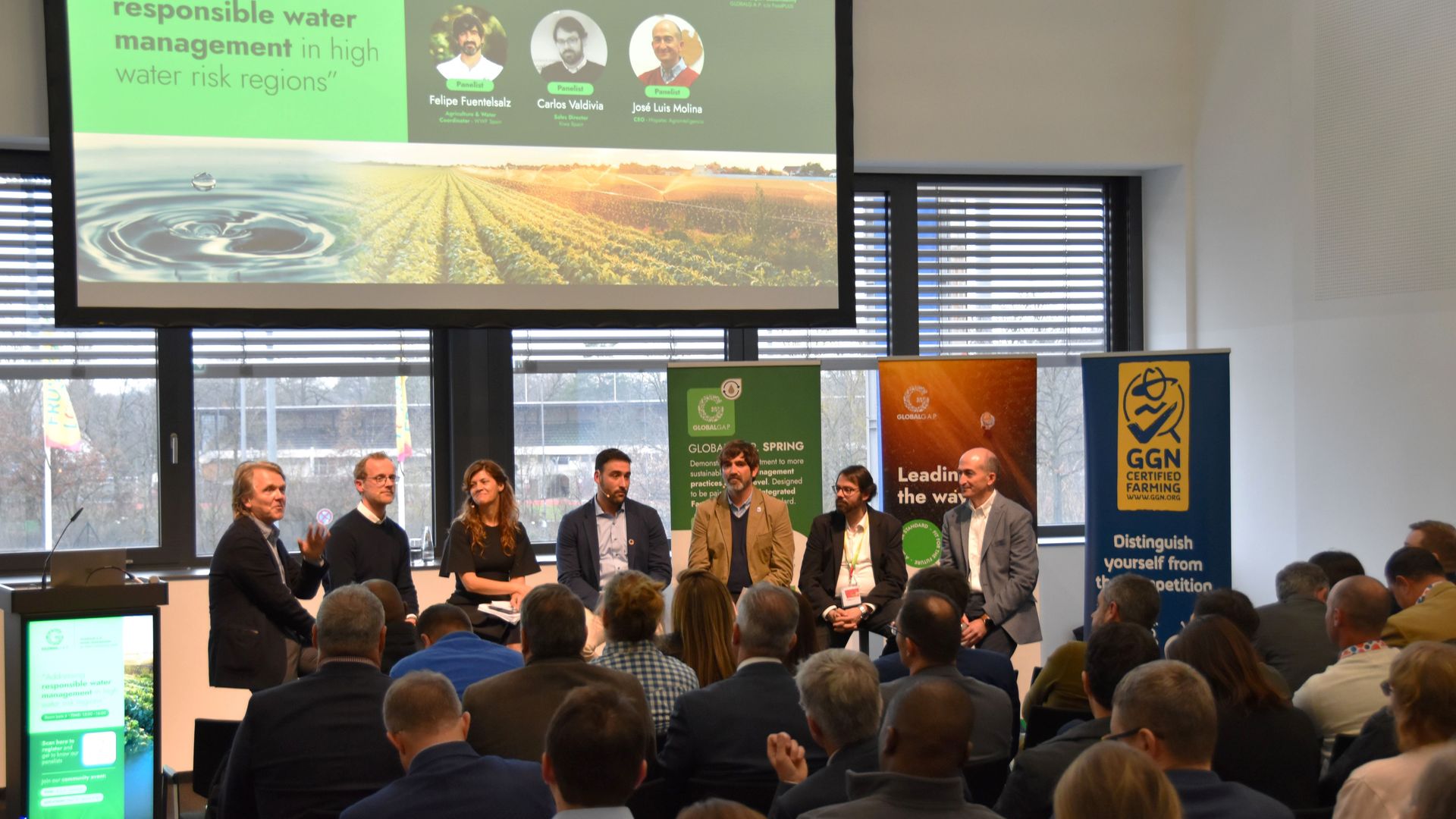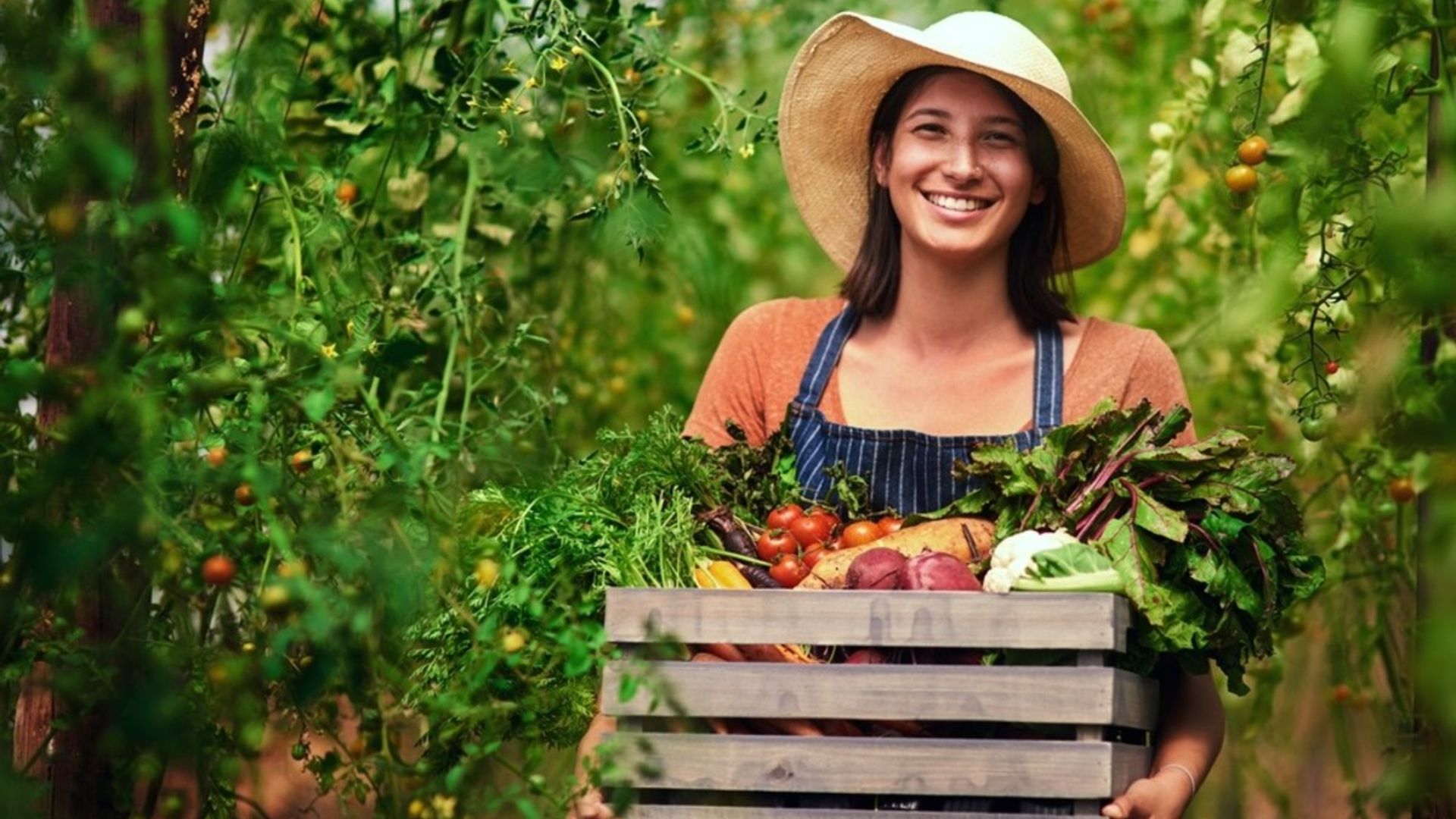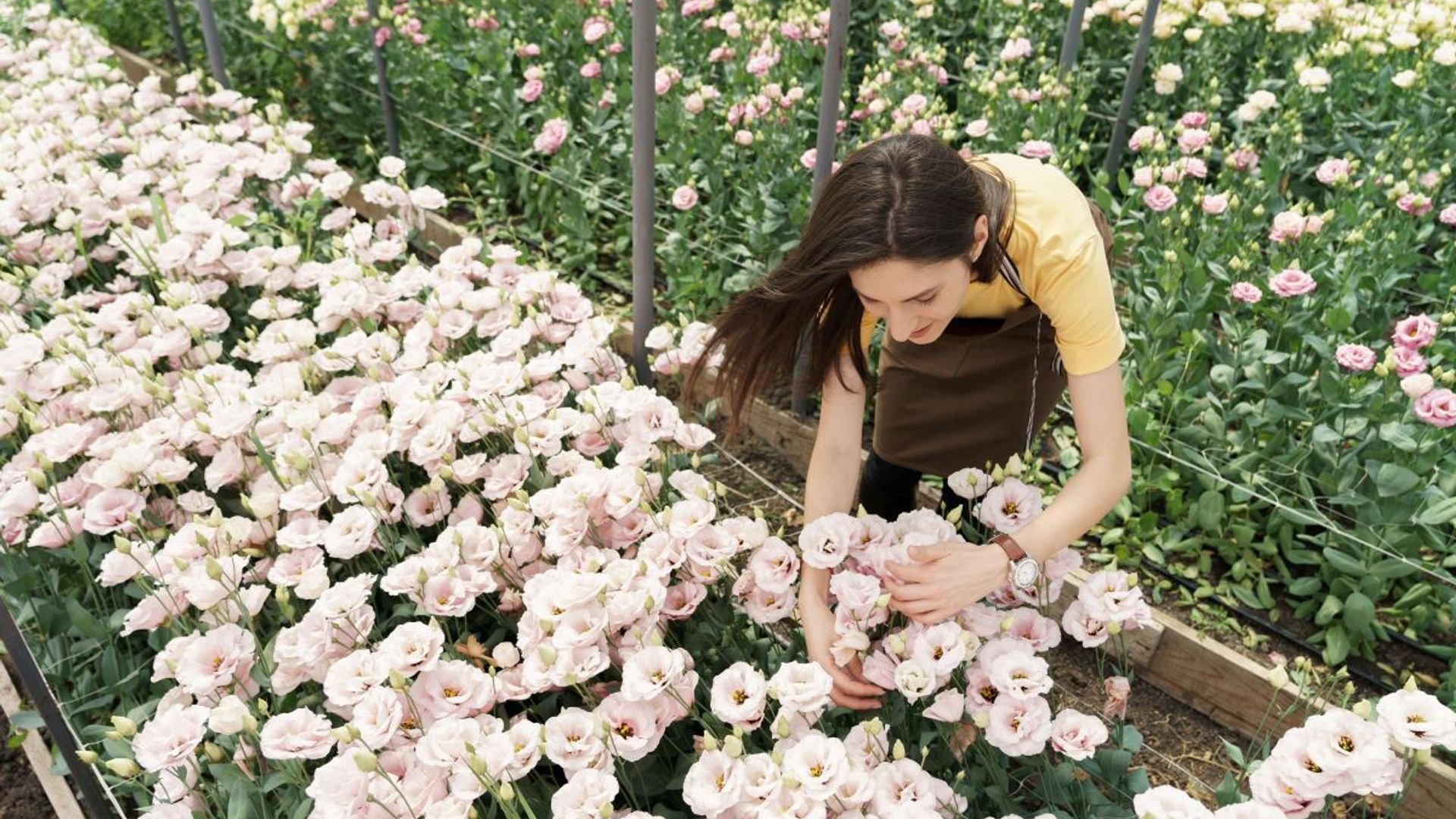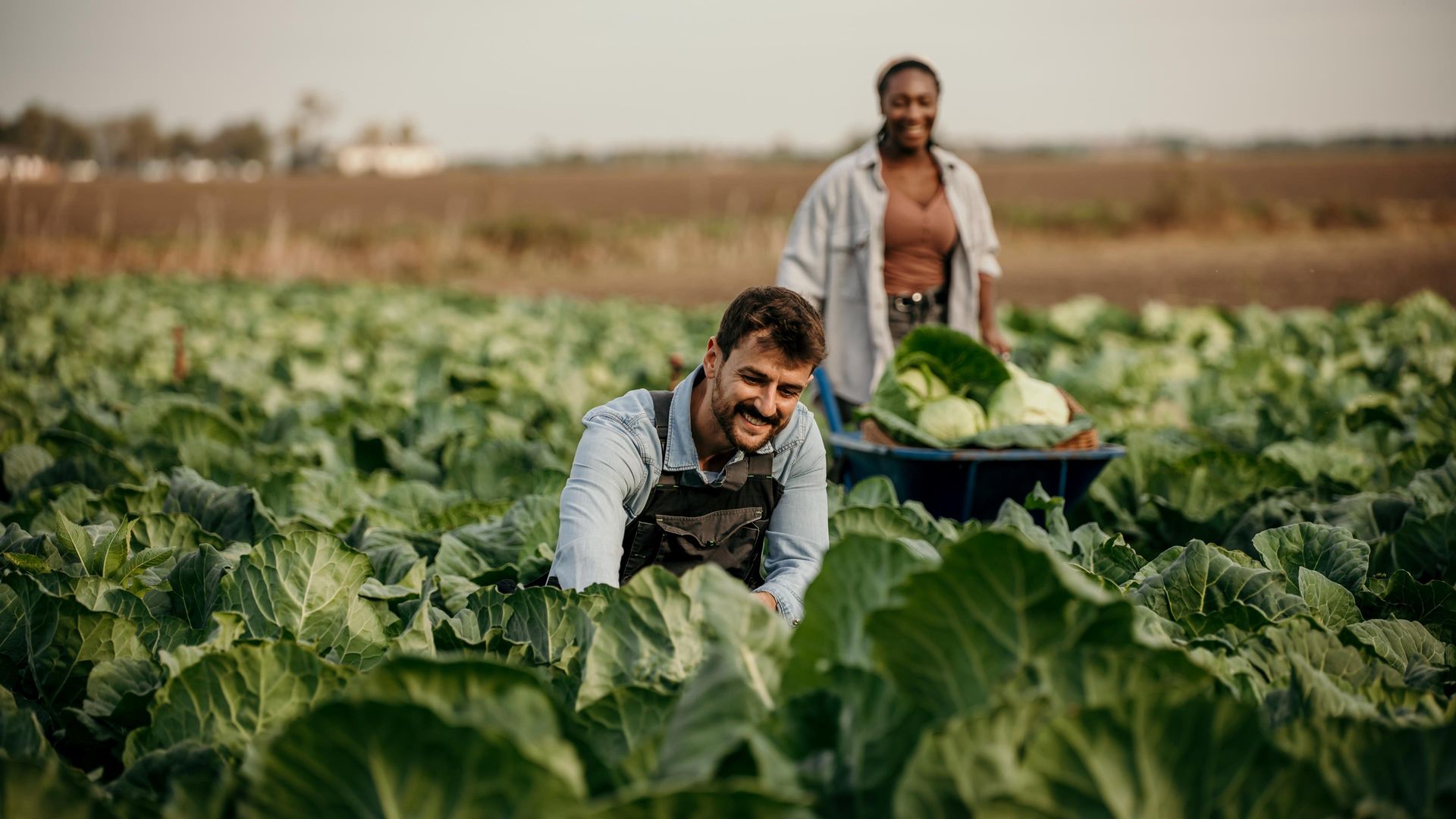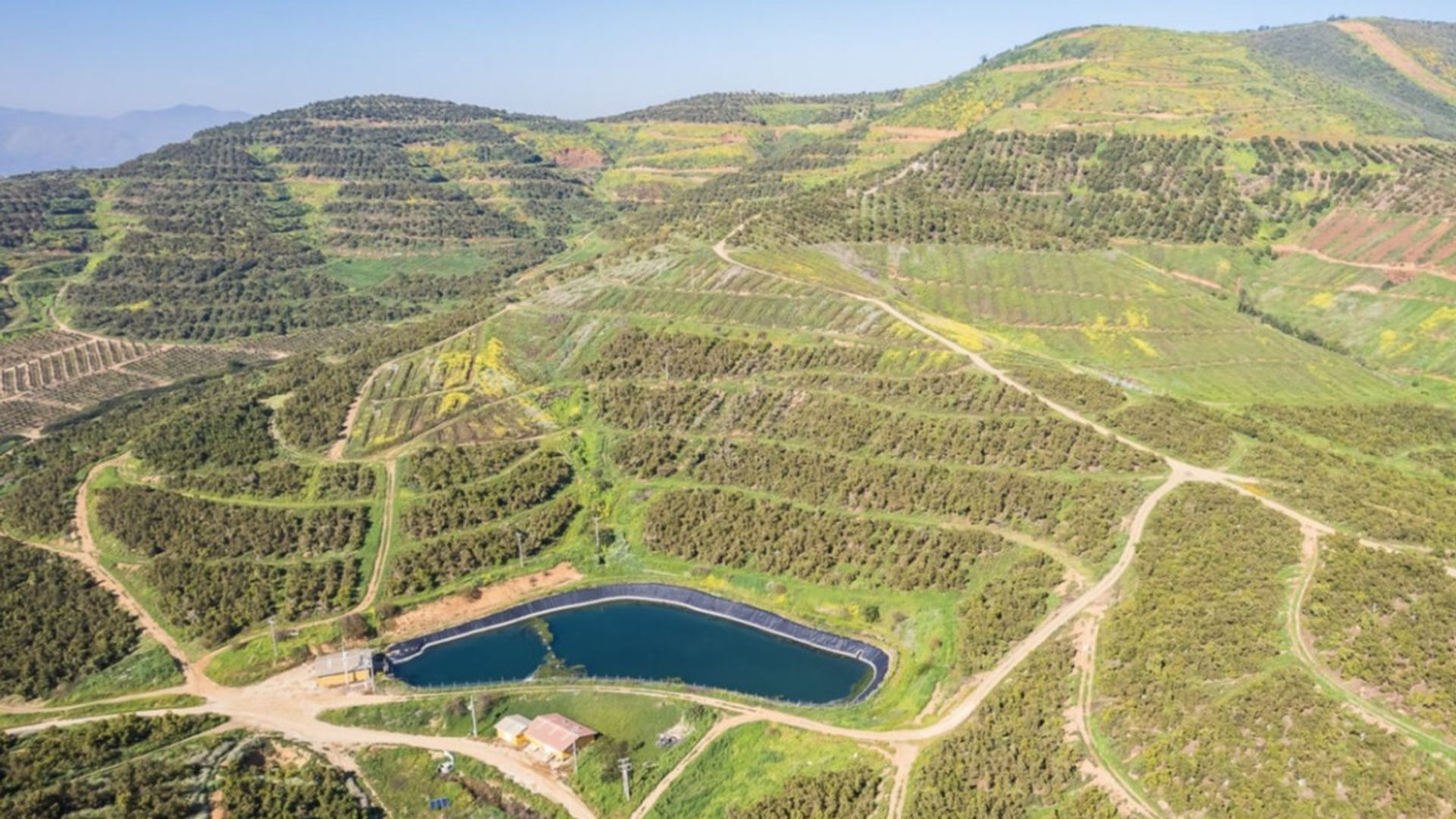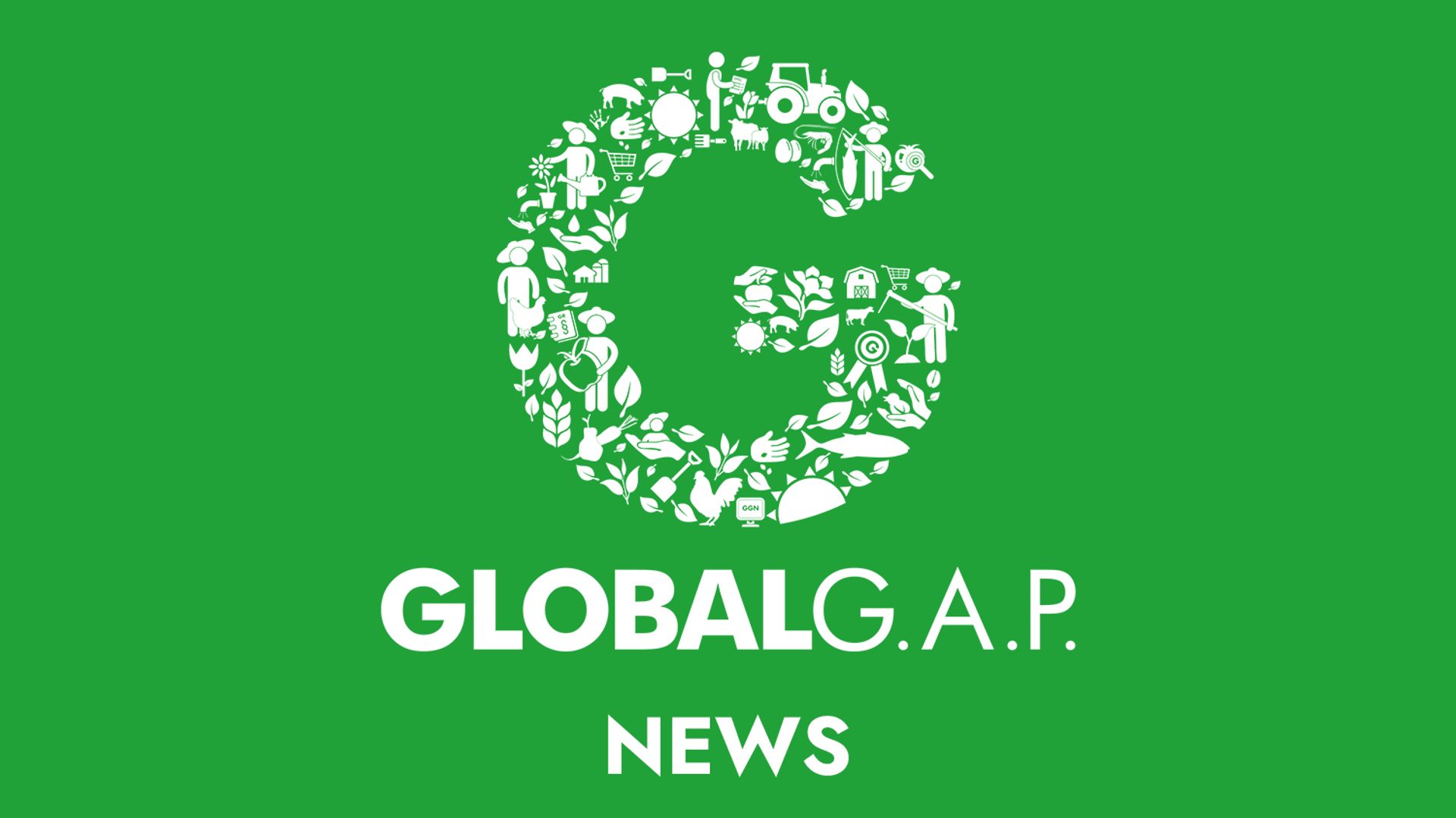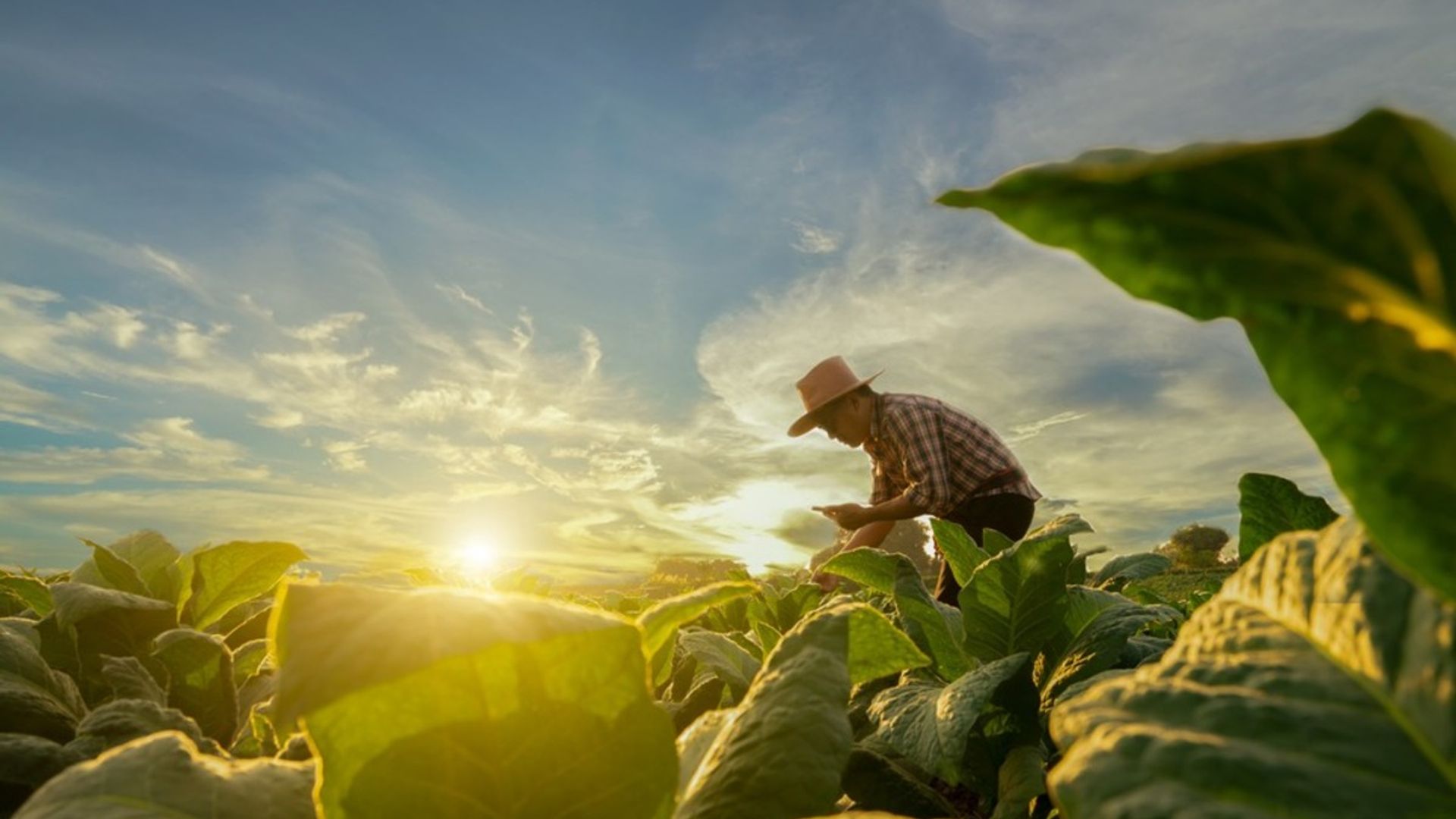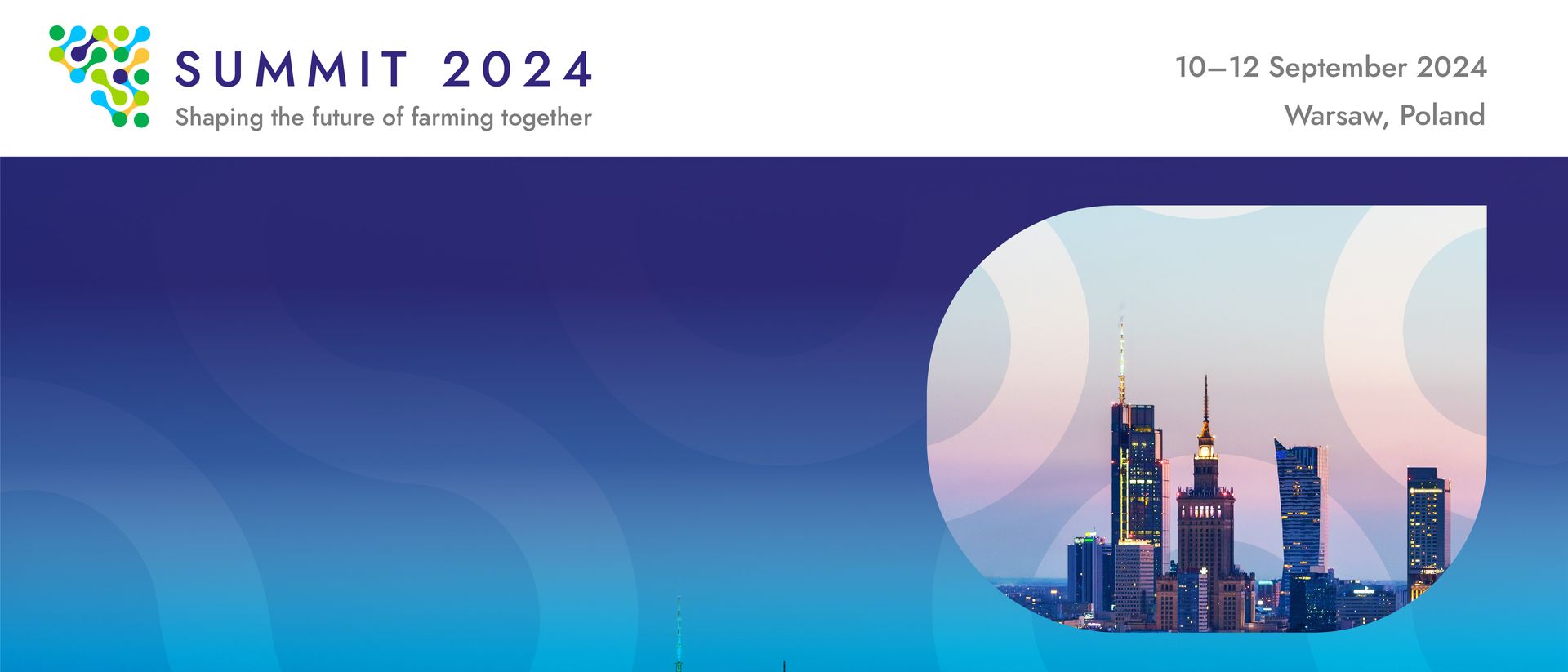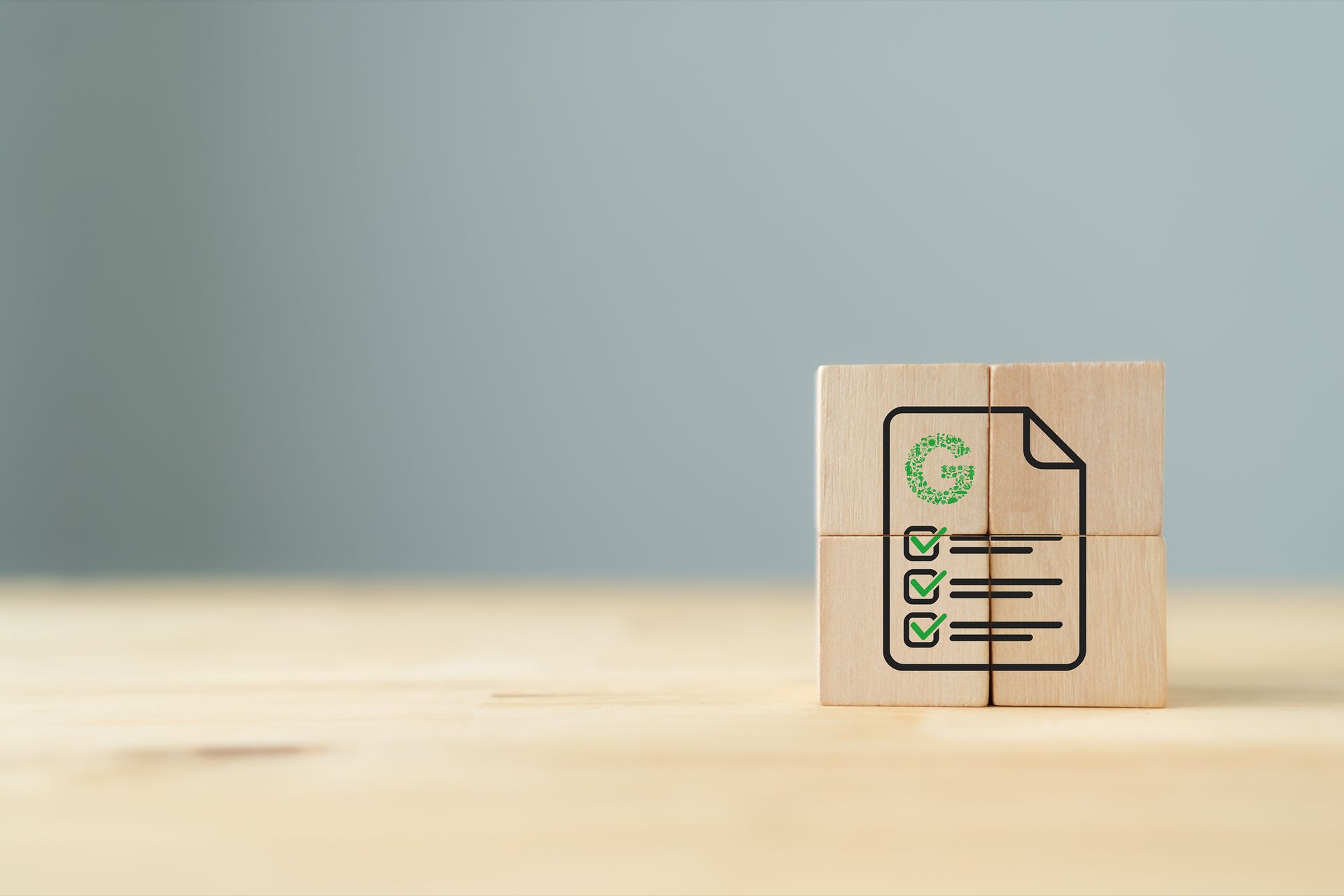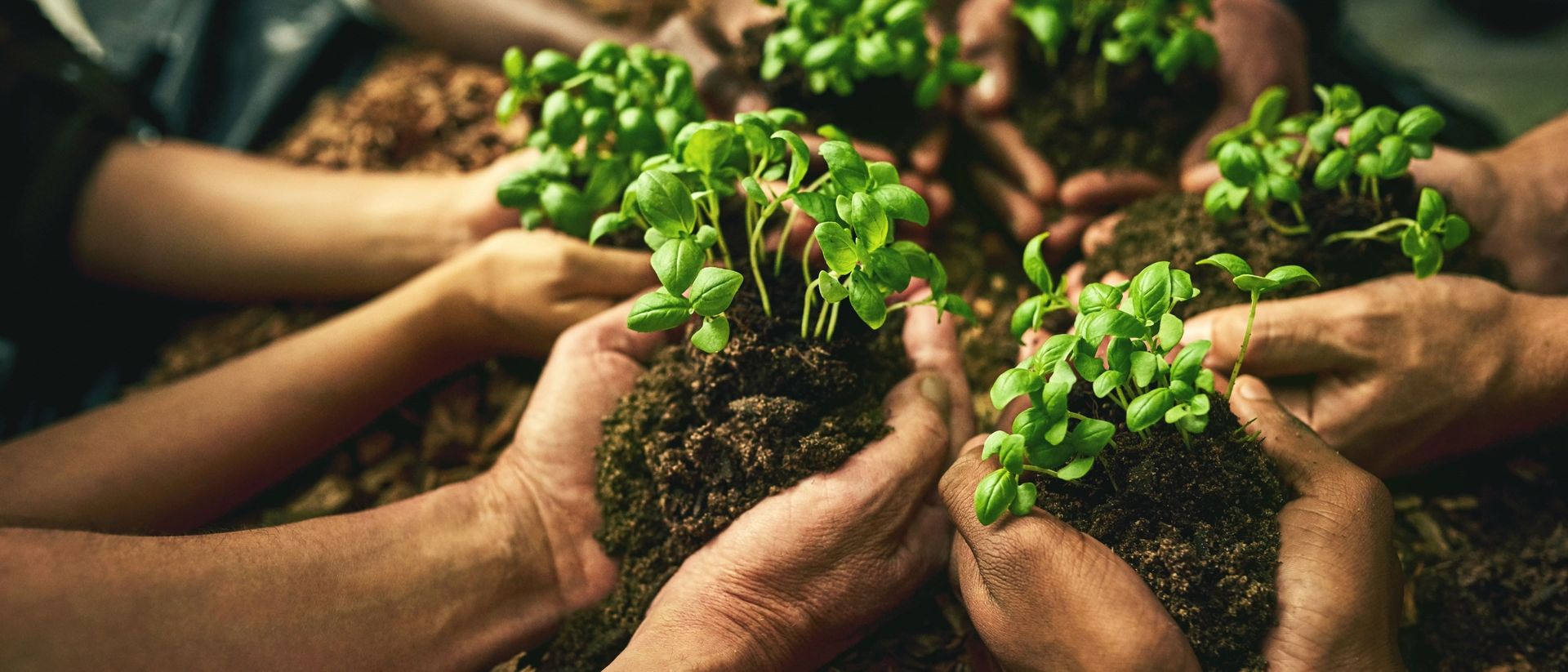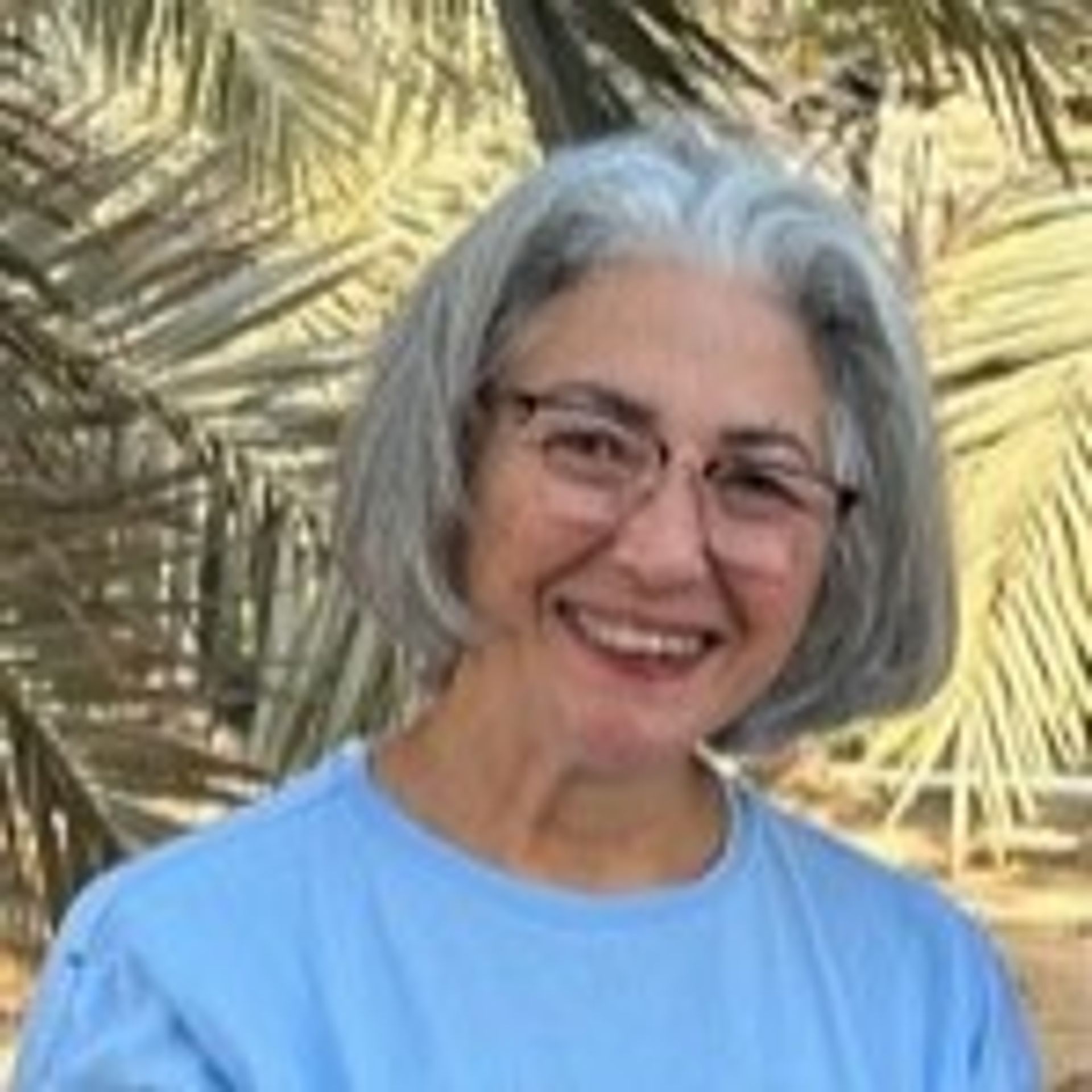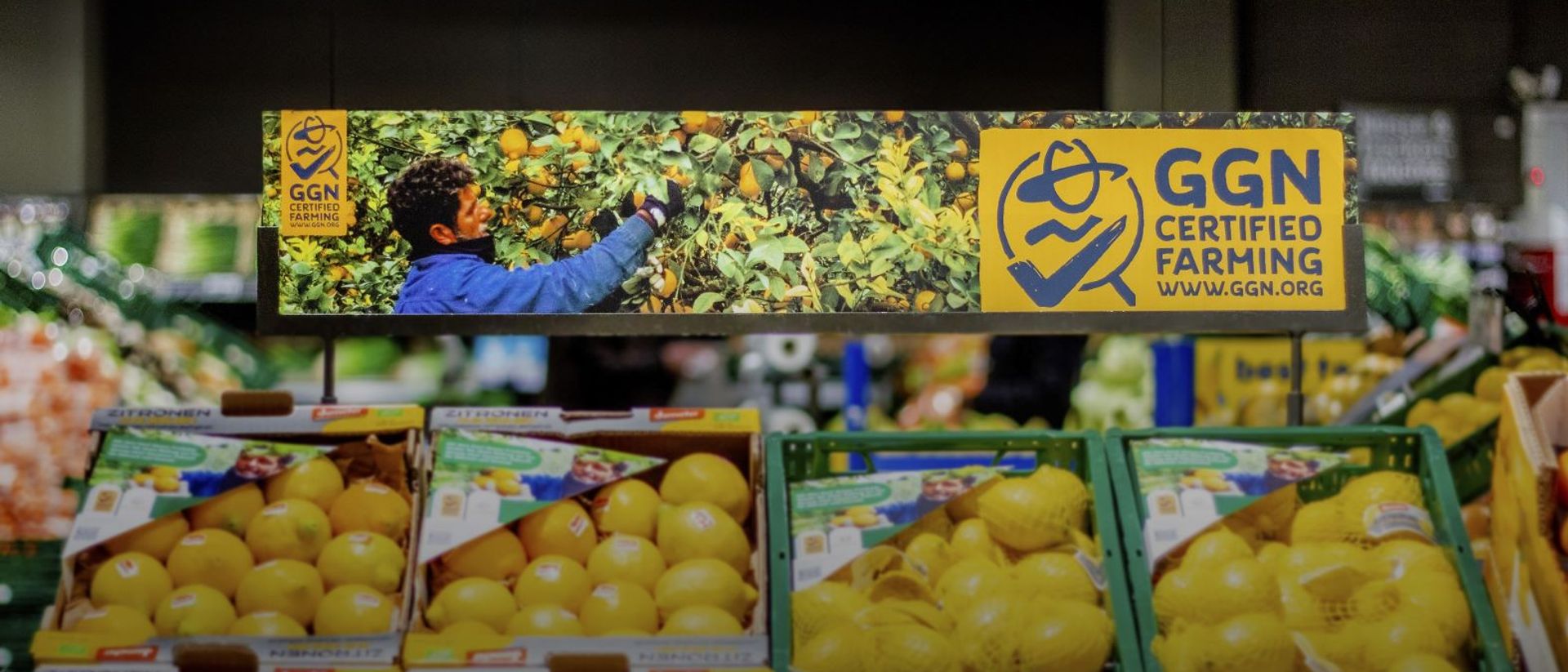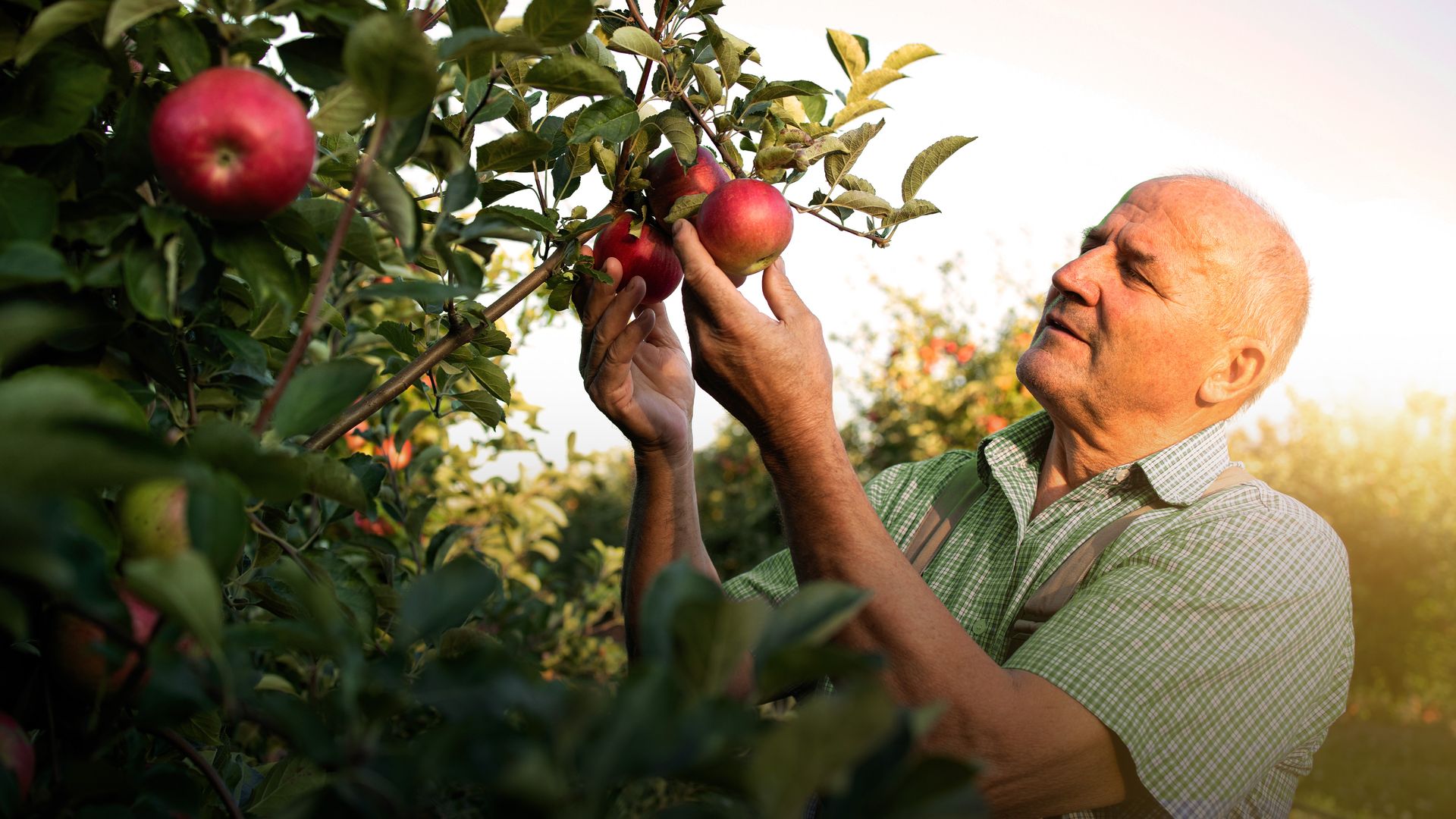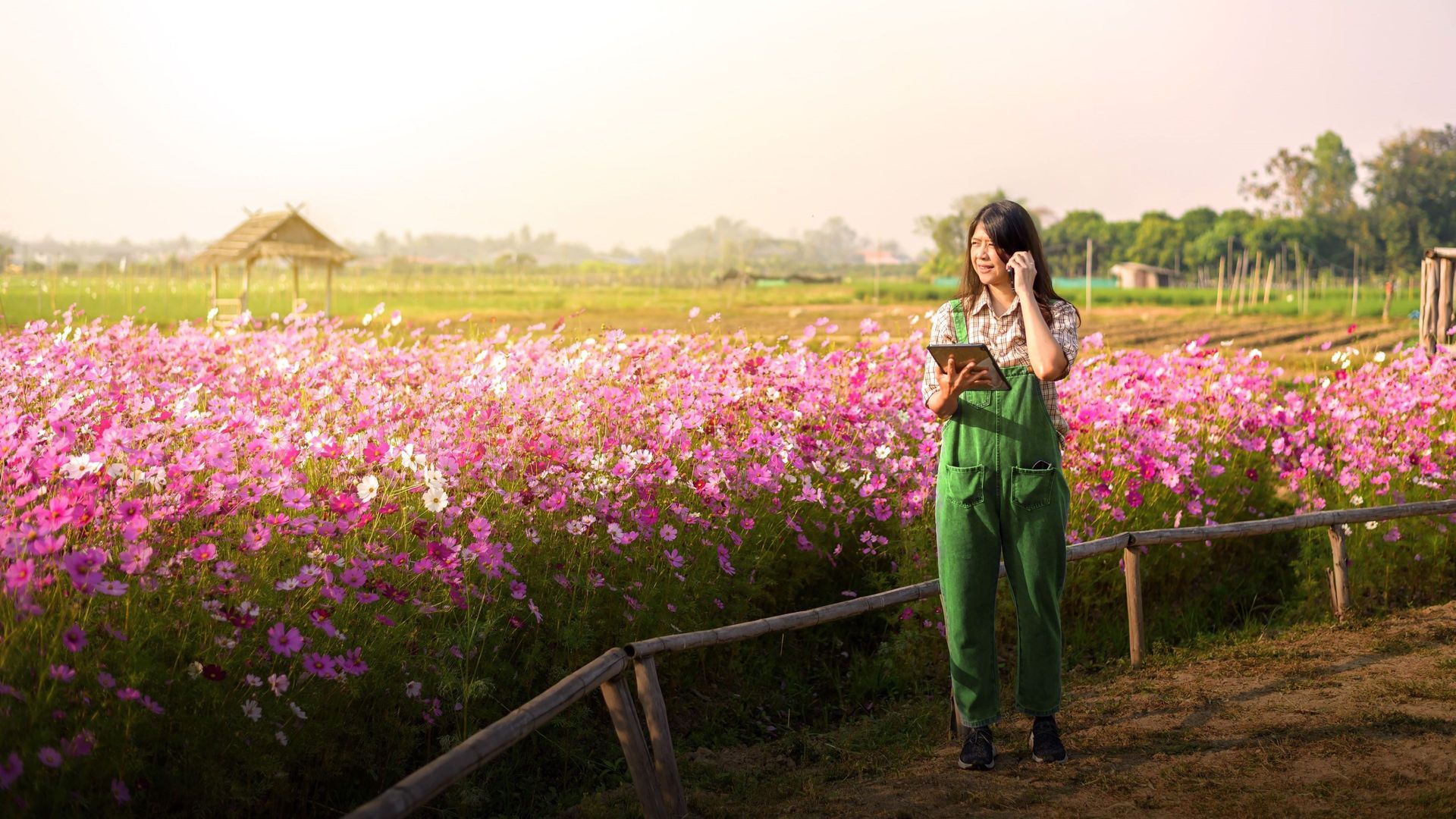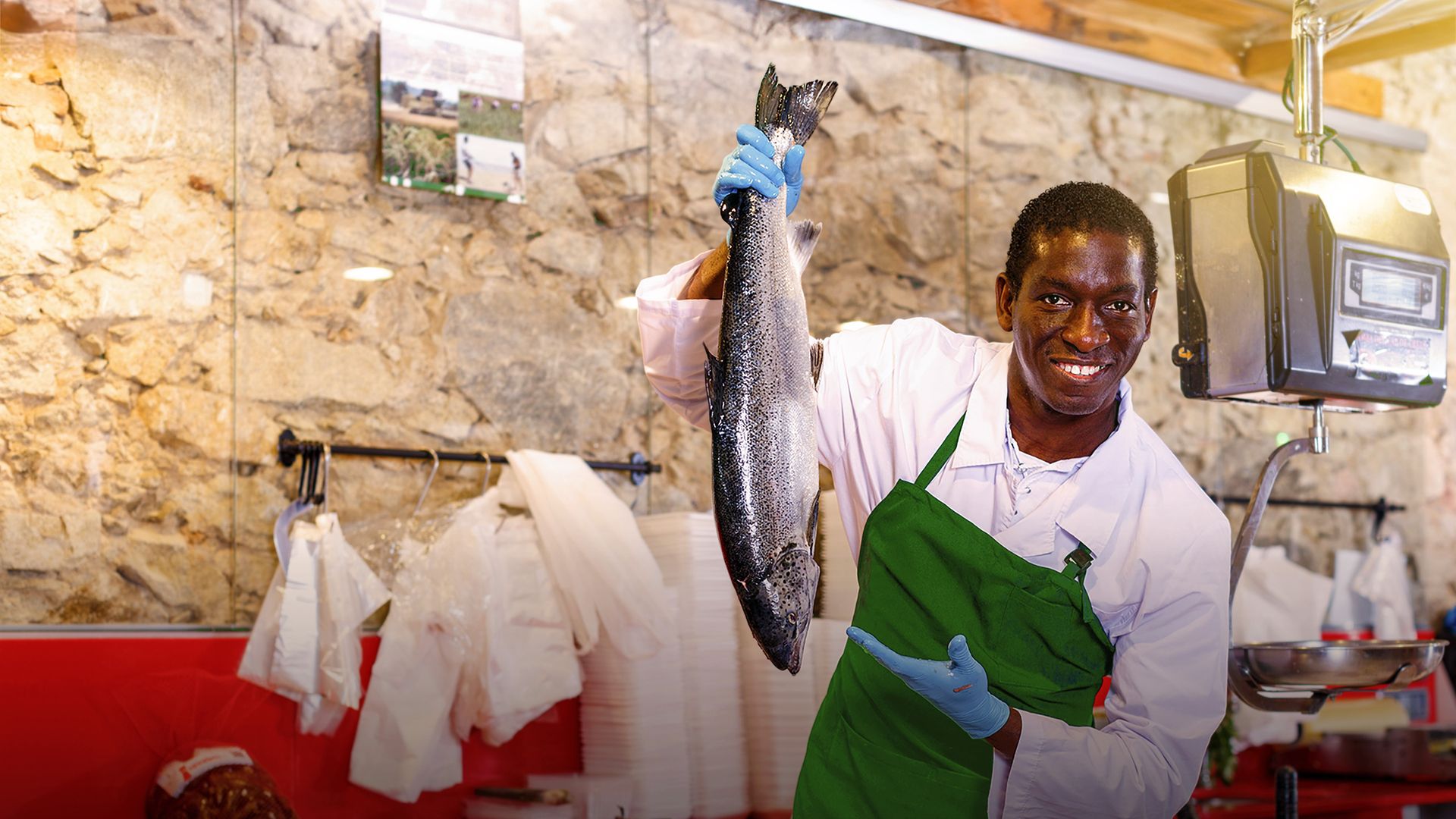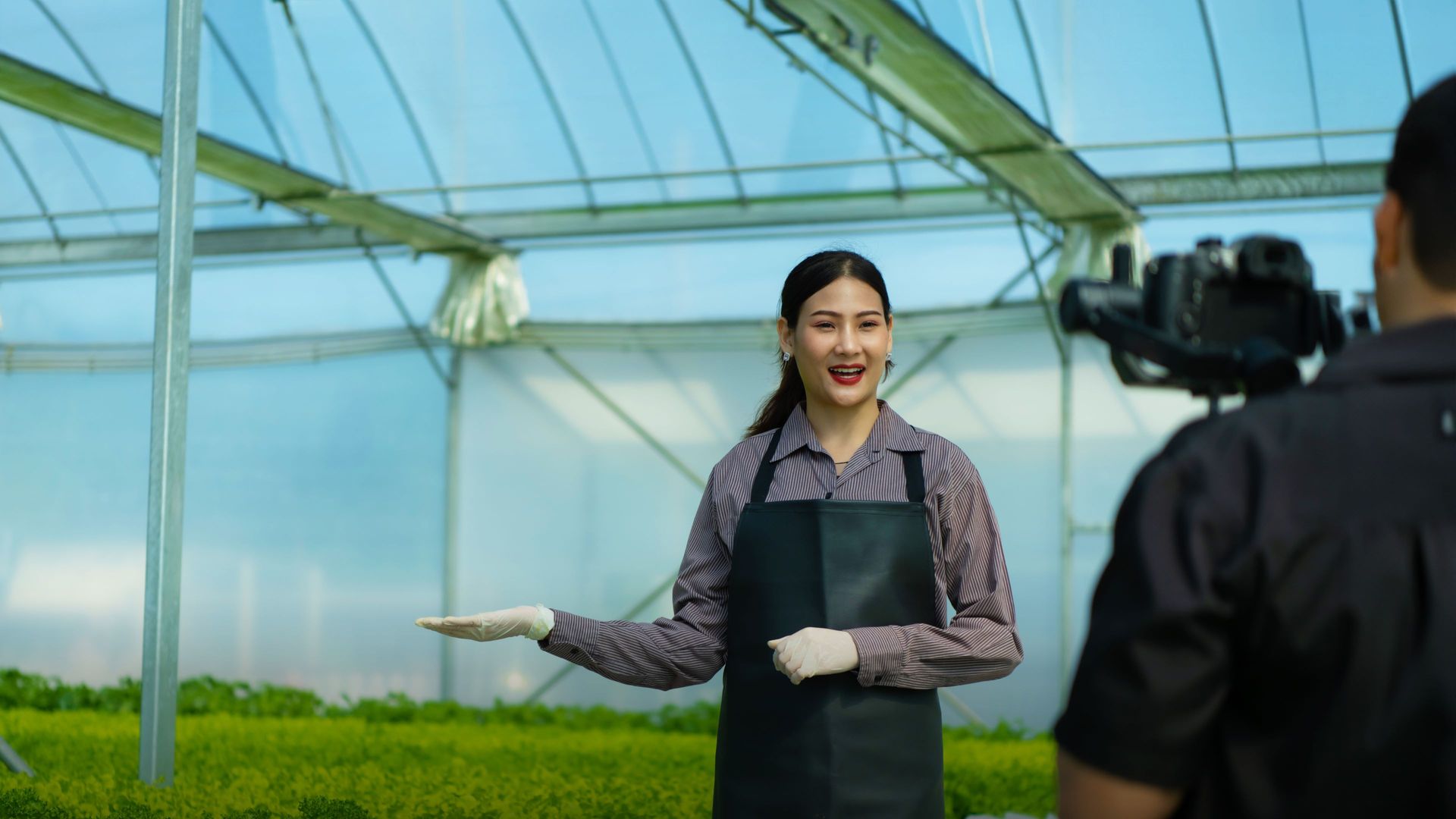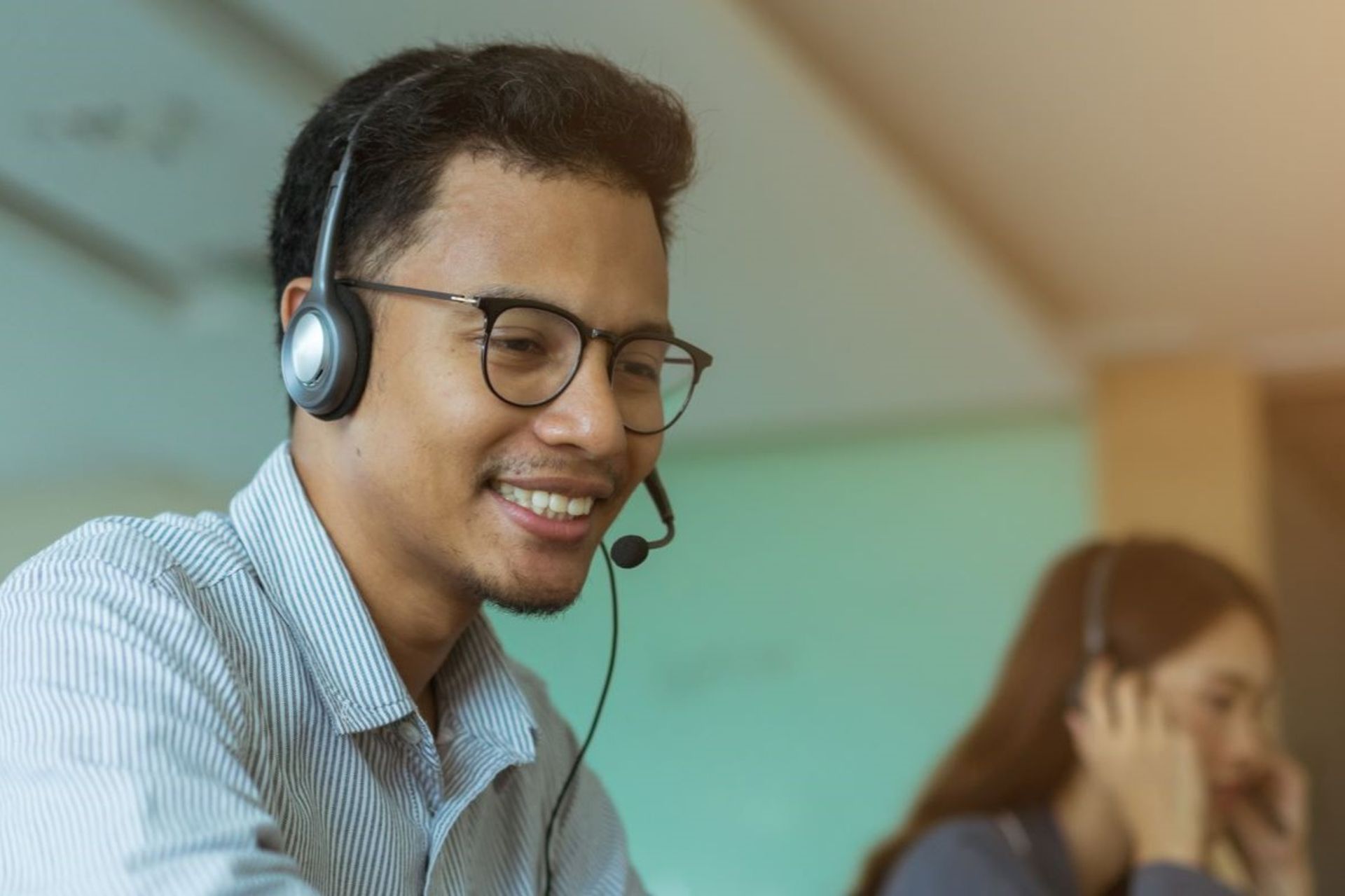Global smart farm assurance solutions
We offer a portfolio of robust, streamlined, and easy-to-use solutions for the certification of agriculture, aquaculture, and floriculture production processes. With our standards, delivery services, and capacity building program, we foster the global adoption of safer and more sustainable farming practices in more than 130 countries worldwide.
Latest news
11 April 2024
New GLOBALG.A.P. webinar series: A guide to IFA v6 transition
Hosted by GLOBALG.A.P. experts, our latest free webinar series is designed to help producers transition seamlessly to IFA version 6 for flowers and ornamentals, fruit and vegetables, and aquaculture. Find your webinar today!
26 March 2024
Don’t miss our upcoming panel discussion: Exploring responsible aquaculture supply chains
Join us at Seafood Expo Global 2024 for an engaging panel discussion on the topic of evolving transparency requirements in aquaculture supply chains. 2 p.m., Tuesday 23 April, Conference Center 5, Conference Room CC 5.2, Fira Barcelona.
GLOBALG.A.P. SUMMIT 2024 tickets now available!
Join us to discuss the latest developments in food safety and sustainability, as well as the future of the industry. Take advantage of our Early Bird discount now – saving you €250 per person until 31 May 2024!
Upcoming events
23 Apr - 25 Apr
2024
Seafood Expo Global 2024
Location:
Barcelona, Spain
Event type:
Trade fair
Event format:
On-site
10 Sep - 12 Sep
2024
GLOBALG.A.P. SUMMIT 2024
Location:
Warsaw, Poland
Event type:
All events
Event format:
On-site
What we do
We set standards for primary production and the supply chain. From fruits and flowers to fish and feed, our portfolio is based on a robust third-party certification system that is developed in collaboration with sector stakeholders and strengthened by a framework of smart IT systems. Our holistic solutions and broader activities support the six key impact areas of food safety, environmental sustainability, workers’ well-being, animal welfare, supply chain transparency, and capacity building.
Validate a certificate
With the GLOBALG.A.P. database you can check the validity of a GLOBALG.A.P. certificate or letter of conformance in real time – all you need is the GLOBALG.A.P. identification number.
GLOBALG.A.P. in numbers
20+ years of experience
in the agriculture, floriculture, and aquaculture sectors
195,000+ producers
under GLOBALG.A.P. certification
4.3 million+ hectares
of certified plant production annually
10+ standards
for primary production processes and the supply chain
130+ countries
with GLOBALG.A.P. certificate holders
2.5 million+ metric tons
of certified aquaculture production annually
8+ add-ons
for flexible and cost-efficient customization
180+ certification bodies
approved to audit and assess GLOBALG.A.P. standards
21 million+ metric tons
of certified compound feed production annually
Smart Checklist Builder
Use our Smart Checklist Builder to easily understand which GLOBALG.A.P. smart farm assurance solutions are recommended for your production practices and generate a personalized checklist for your self-assessment.
Our flagship standards
Integrated Farm Assurance for fruit and vegetables
IFA is a global standard for safe and responsible farming practices in fruit and vegetable production.
Integrated Farm Assurance for flowers and ornamentals
IFA is a global standard for safe and responsible farming practices in flower and ornamental production.
Integrated Farm Assurance for aquaculture
IFA is a global standard for safe and responsible farming practices in aquaculture production.
Who we work with
Fostering the global adoption of safer and more sustainable farming practices is a collective effort, which is why the GLOBALG.A.P. Secretariat works with a global network of stakeholder parties. Through working groups, our 430-strong GLOBALG.A.P. Membership Community from all sides of the value chain, or capacity-building partners and industry experts, we strive to connect with as many contributors as possible.
Thank you to all our GLOBALG.A.P. Community Members for your support!
From major retailers to independent agricultural consultants, all our community members provide valuable insights and support in improving our solutions.
Working with GLOBALG.A.P standards since 1997, I have seen the change they’ve brought – not only from the food safety perspective that is so important to consumers, but also as a practical tool that helps improve social and environmental sustainability in the lives of smallholders all over the world.
Manal Saleh
Founder and General Manager of Blue Moon LLC and Associate GLOBALG.A.P. Community Member | Egypt
GGN label
The GGN label is a cross-category consumer label that stands for certified, responsible farming and transparency. Applicable to fruit and vegetables, farmed seafood, and flowers and plants which have been produced in line with GLOBALG.A.P. standards, the GGN label helps you improve your competitive edge and grow trust in your brand by making responsible farming visible on store shelves.
Next steps
For producers
Find out which GLOBALG.A.P. smart farm assurance solution is right for you and explore the path to certification.
For certification bodies
Become a GLOBALG.A.P. approved certification body (CB), expand your auditing scope, or manage your status.
For buyers
Learn how GLOBALG.A.P. certification and GLOBALG.A.P. Community Membership can benefit your supply chains.
For media/press
Learn more about the GLOBALG.A.P. certification system, read our latest news and updates, or contact the press office.
Contact us
For general enquiries and customer support, please use our contact form. Our team will assist you as soon as possible.
